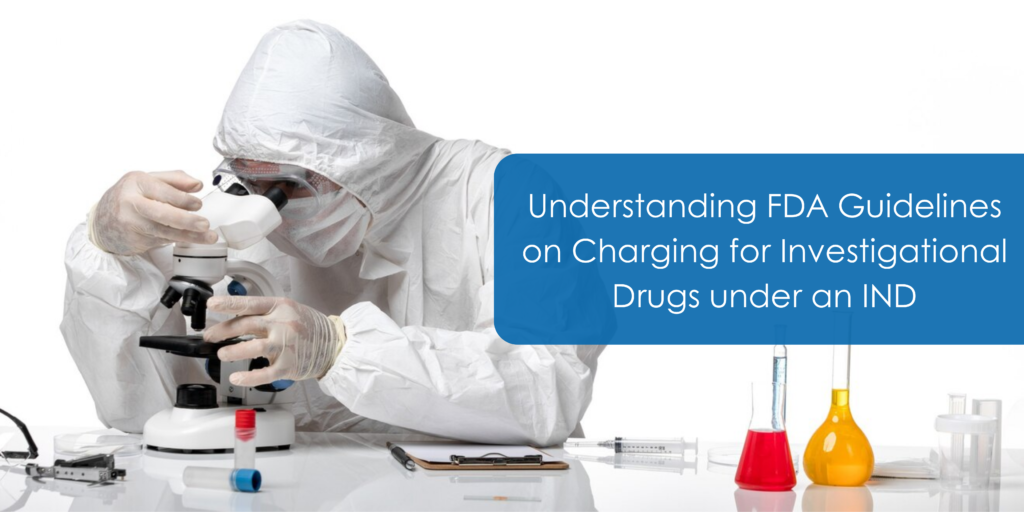The development of new drugs involves a rigorous journey, with regulations guiding each step. One crucial aspect is charging for investigational drugs under an Investigational New Drug (IND) application. This topic has generated significant discussion and inquiries. To address these complexities, the Food and Drug Administration (FDA) offers comprehensive guidance through “Questions and Answers for Industry” documents aimed at stakeholders, researchers, physicians, institutional review boards, and patients.

Recognizing the evolving landscape, the FDA revised its regulations on charging for investigational drugs in 2009. The updated guidelines outline criteria for charging in clinical trials and expanded access programs, specifying recoverable costs.
Key Points from the Guidance:
General Inquiries:
- The FDA aims for a 30-day response timeframe for charging requests, although no strict timeline is mandated.
- Only the IND sponsor can request authorization to charge for investigational drugs.
- While the FDA authorizes charging, it does not dictate the process, leaving implementation details to sponsors.
Charging in Clinical Trials:
- Sponsors must demonstrate potential clinical benefit and justify charging due to extraordinary costs associated with the drug’s development or manufacturing.
- FDA authorization is mandatory before charging for investigational drugs in clinical trials.
Charging in Expanded Access Use:
- Initial authorization for charging typically lasts one year, with potential extension upon FDA approval.
- Sponsors seeking continued charging beyond the initial period need to submit a reauthorization request.
Cost Recovery Calculations:
- Sponsors can only recover direct costs associated with providing the investigational drug, such as manufacturing and distribution.
- Expanded access programs may allow recovery of additional costs like monitoring and administrative expenses.
- The guidance offers flexibility in distributing costs over the IND or protocol duration, subject to review and approval by an independent certified public accountant.
The FDA’s guidance on charging for investigational drugs under an IND provides valuable insights and clarifications for stakeholders navigating the complexities of clinical trials and expanded access programs. By adhering to these guidelines, sponsors can ensure transparency, fairness, and accessibility in the development and distribution of investigational drugs, ultimately advancing the pursuit of innovative treatments and therapies.
Navigating the complexities of charging for investigational drugs can be challenging. Contact us today to discuss your specific needs and explore how we can help you navigate the complexities of charging for investigational drugs.

